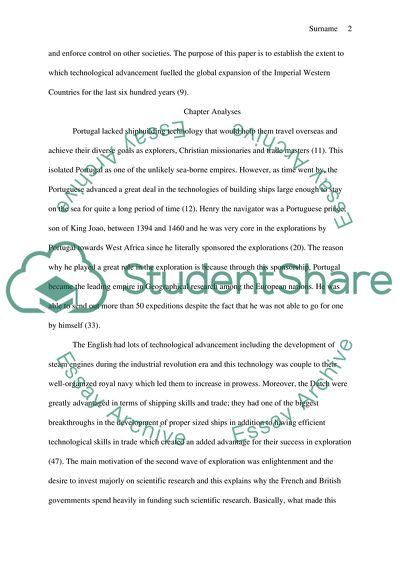Cite this document
(“Power over Peoples by Daniel R. Headrick Book Report/Review”, n.d.)
Power over Peoples by Daniel R. Headrick Book Report/Review. Retrieved from https://studentshare.org/history/1879867-unit-3-power-over-peoples
Power over Peoples by Daniel R. Headrick Book Report/Review. Retrieved from https://studentshare.org/history/1879867-unit-3-power-over-peoples
(Power over Peoples by Daniel R. Headrick Book Report/Review)
Power over Peoples by Daniel R. Headrick Book Report/Review. https://studentshare.org/history/1879867-unit-3-power-over-peoples.
Power over Peoples by Daniel R. Headrick Book Report/Review. https://studentshare.org/history/1879867-unit-3-power-over-peoples.
“Power over Peoples by Daniel R. Headrick Book Report/Review”, n.d. https://studentshare.org/history/1879867-unit-3-power-over-peoples.


